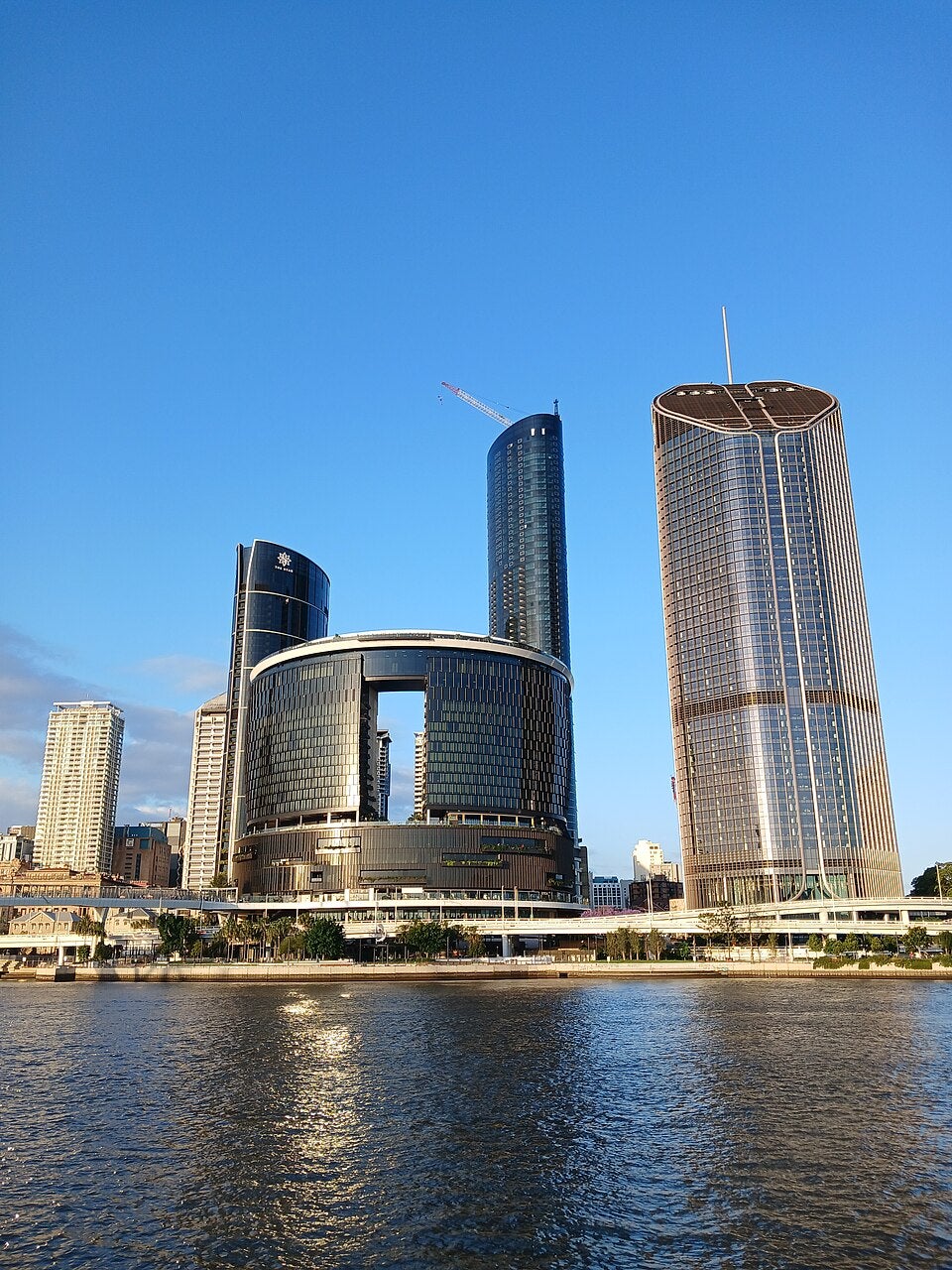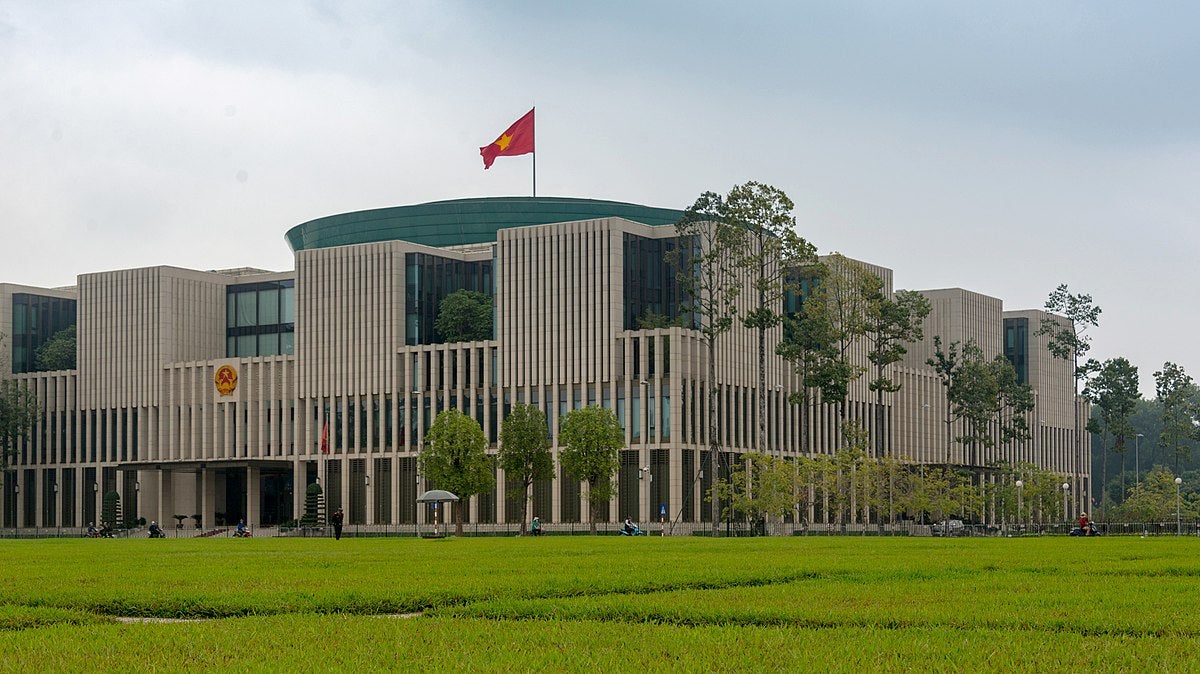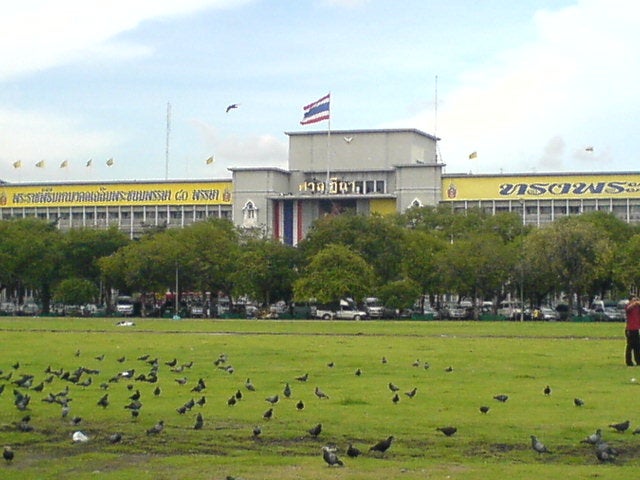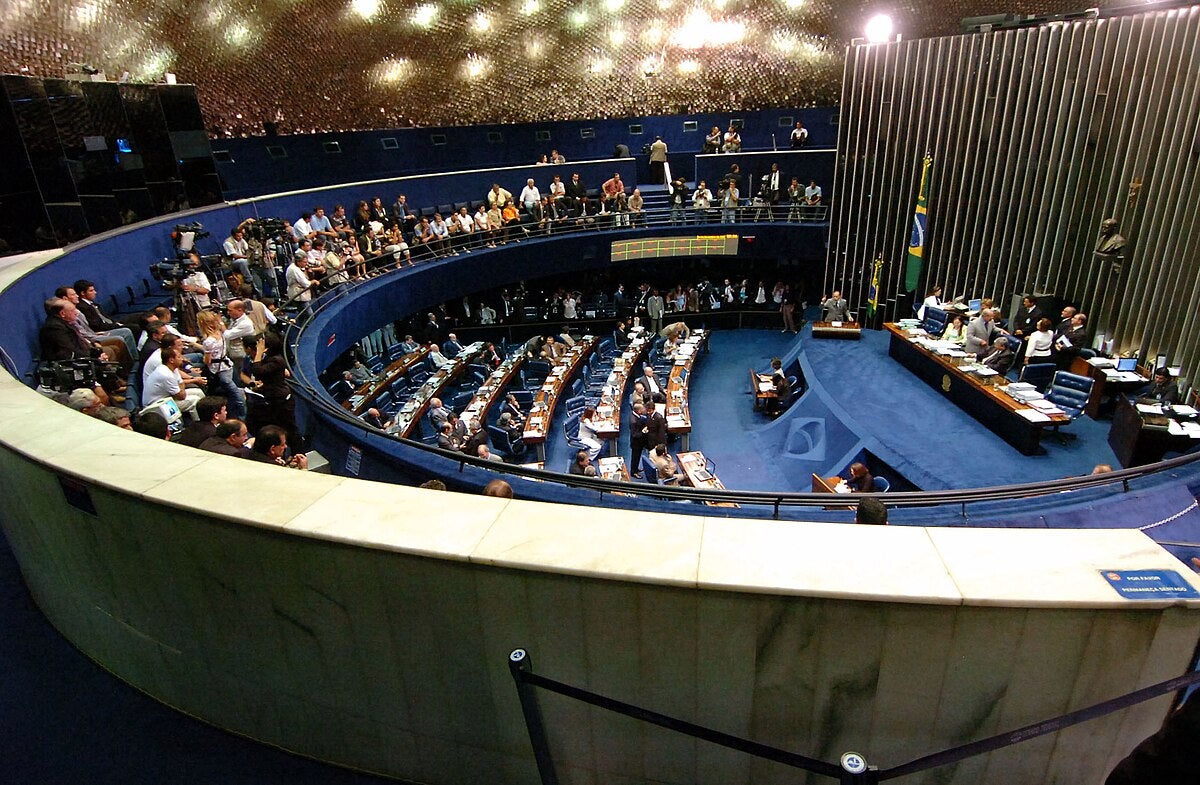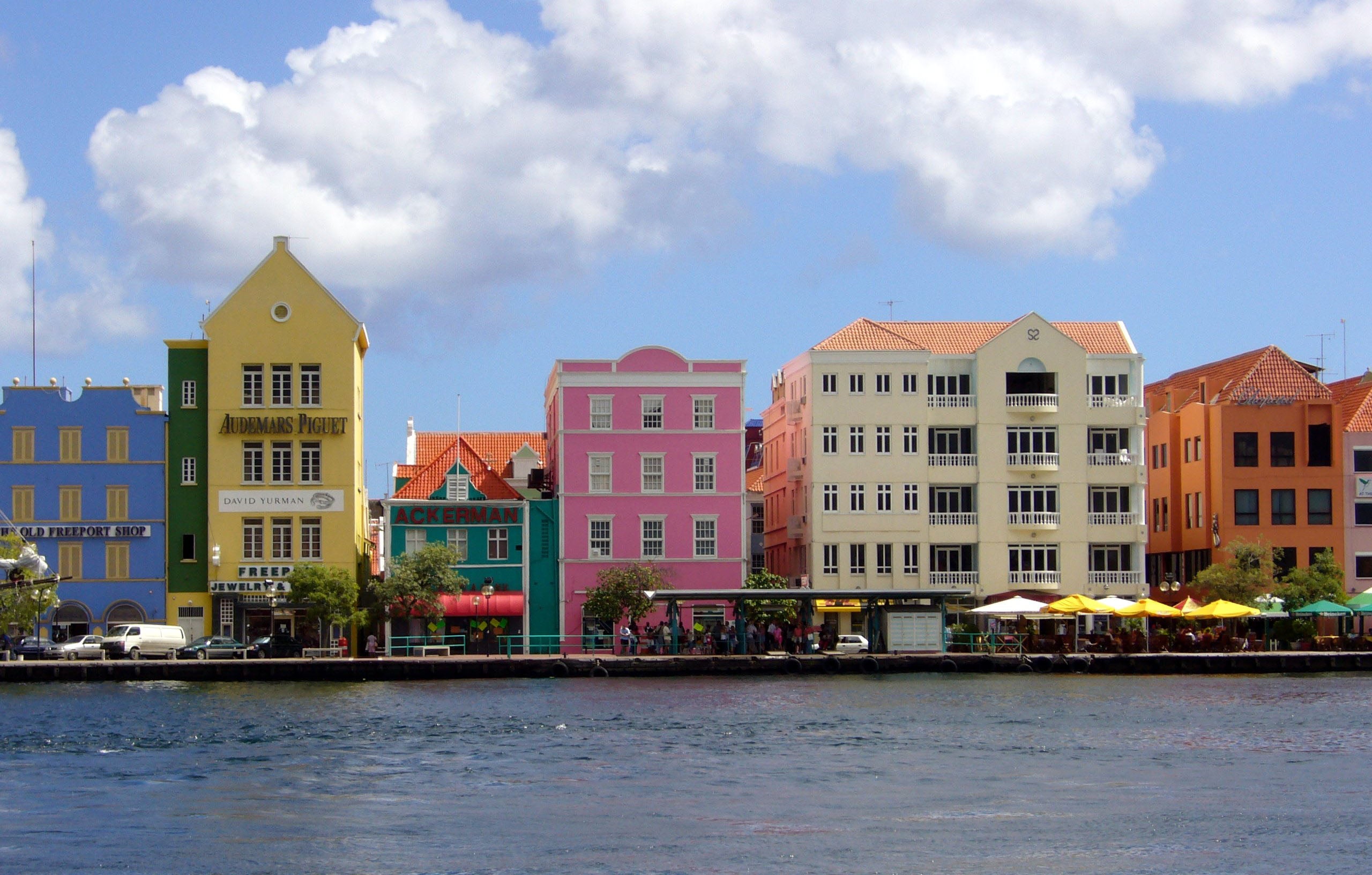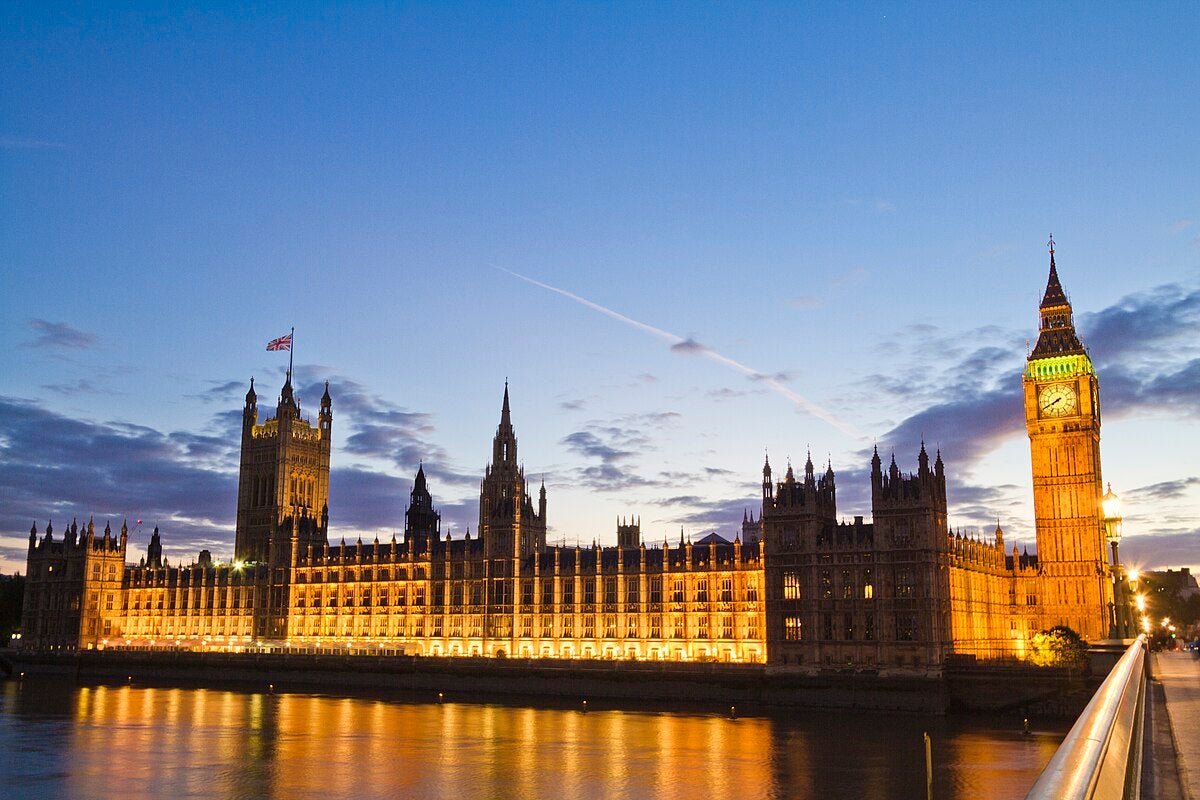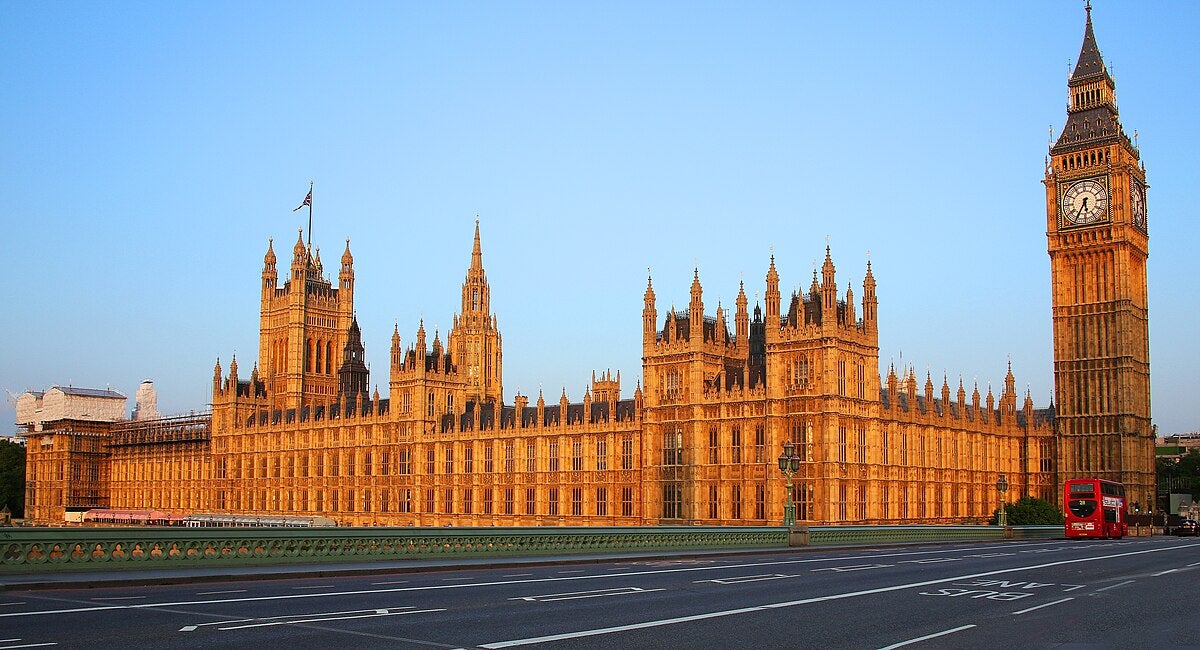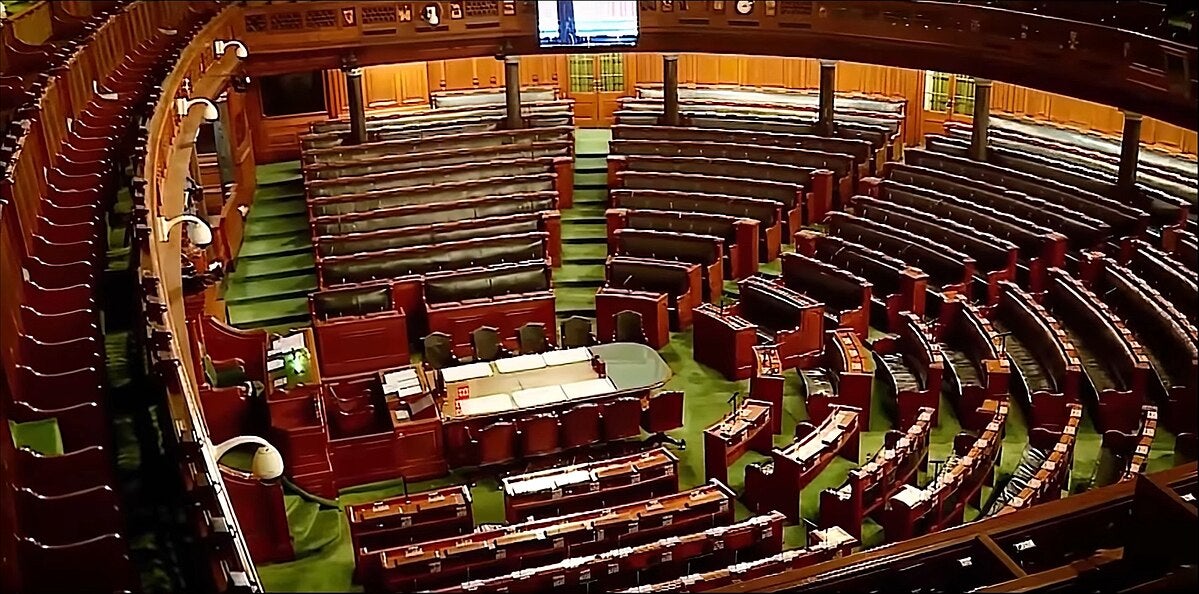Intensified Market Consolidation
Italy’s regulatory overhaul is accelerating market dominance by established players like Flutter, Lottomatica, and Entain, while squeezing smaller operators. The ADM’s framework has already generated €365 million in state revenue, exceeding the €300-350 million target set by the Ministry of Economy and Finance (MEF).
Each awarded license was priced at €7 million. This model favors large firms, which leverage economies of scale to absorb compliance costs and navigate Italy’s strict advertising bans, which prohibit sports sponsorships and promotional campaigns. Smaller operators like Stake face steep challenges in building visibility.
“We are a newcomer in terms of brand. Stake is a huge brand globally, but in Italy it seems we will start from scratch, and honestly, it will not be easy because there is an advertising ban,” Stake’s Fabio A. Bufalini told the SBS Summit Lisbon.
Player Protections
The gambling changes will introduce mandatory spending controls alongside reduced competition. Analysts suggest the culling of skin sites could let mid-sized firms thrive against fewer rivals rather than 400+. While advertising bans are in place, partnerships like Betsson and Bet365’s football club ties will become more viable.
From November 13, gambling sites must display compliance banners. Accounts inactive for six months will be suspended, but they can be reactivated within three years. ADM officials call the reforms “a turning point” that prioritizes public safety over the sector’s rapid growth.
Broader Reforms
ADM has partnered with MEF and tech firm SOGEI to implement a “cyber security shield” blocking unauthorized gambling sites on public networks. Cafes, kiosks, and gaming lounges must install the software by November 13 or face criminal penalties. The move aligns with Europe’s shift towards consumer safety, such as the UK advertising reforms.




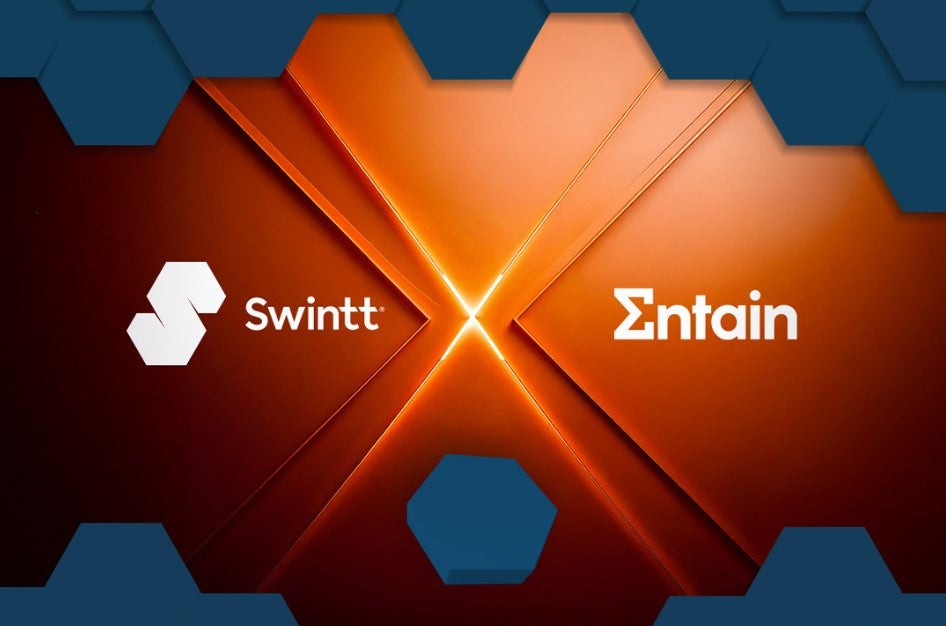






.jpg)


